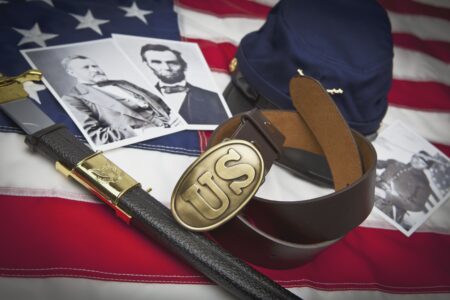Teachers’ union files document supporting final rule-making authority for West Virginia Board of Education

(Graphic illustration created with the assistance of ChatGPT)
CHARLESTON – West Virginia’s newly combined teachers’ union filed a friend-of-the-court brief last week supporting the final rule-making authority for the state Board of Education in its appeal of a state law before the West Virginia Supreme Court of Appeals. Attorneys for Education West Virginia, which includes the West Virginia Education Association and the state chapter of the American Federation of Teachers, filed an amicus curiae brief on Oct. 24 siding with the board’s Oct. 3 lawsuit against Secretary of State Kris Warner. The board is seeking a writ of mandamus to compel the Secretary of State’s Office to publish the state board’s proposed rules in the State Register and to declare House Bill 2755 unconstitutional. The bill, which went into effect in July, requires that all legislative rules enacted by the board must first be authorized by the Legislative Oversight Commission on Education Accountability. The proposed rules would then be submitted to the full Legislature for review, which could result in approval, amendment or rejection. In a 1988 decision over a similar law, justices determined that legislative approval of state board rules was unconstitutional. In both 1989 and 2022, the Legislature adopted joint resolutions to place on general election ballots constitutional amendments to give education rule-making approval to the Legislature, but voters rejected both. The 2022 proposed constitutional amendment failed in a 58% to 42% vote. In their brief, attorneys for Education West Virginia argued the current structure for educational rule-making and the apolitical nature of the state’s education regulatory regime was by design, recommended by two different reports commissioned by the Legislature more than 75 years ago. They pointed to the 1945 Strayer Report, which recommended amending the state Constitution to remove educational decisions from the partisan political processes of the time and place supervisory authority within the state board; and the 1955 Peabody Report, which recommended that the state board be the only body charged with both policy and regulations. “A driving force behind the recommendations in this report was to depoliticize public education in West Virginia,” wrote attorneys Jeffrey Blaydes and Heather Hutchens. “By requiring the Board to submit rules and regulations to the Legislature prior to enactments, the apolitical nature of the Board – as required by the West Virginia Constitution – will be unquestionably violated.” Both reports led to “the momentous passage by the voters of West Virginia of the 1958 amendment of the West Virginia Constitution granting the Board the exclusive power of ‘general supervision’ of public schools (including rulemaking) in order to act as a firewall between politics and public education,” the union attorneys wrote. Until the passage of HB 2755, rules approved by the state board could only be reviewed by lawmakers. In July, the board announced that it was planning to sue Warner after the board approved Policy 4334, West Virginia Design and Equipment Requirements for School Transportation Vehicles, during a special board meeting. The rule — which set specific design and equipment standards for school buses and other modes of transportation used by schools — was first approved by the state board on May 14 and put out for a 30-day public comment period. However, the Secretary of State’s Office rejected publishing the submitted rule in the State Register for not being in compliance with HB 2755. An Oct. 27 amended scheduling order from the Supreme Court gave the Secretary of State’s Office until Nov. 14 to file a response brief. Oral arguments or a written decision could come sometime after that. Steven Allen Adams can be reached at sadams@newsandsentinel.com





